Description
The Adrenal Stress Index (ASI) uses five conveniently collected saliva samples to assess cortisol, insulin, DHEA/DHEA-S, secretory IgA, 17-OH progesterone, and wheat gluten sIgA. Saliva is collected over a period of 24 hours, providing more complete information about your body’s stress response than a single test. This is ideal for people dealing with chronic stress and stress-related symptoms such as insomnia, anxiety and fatigue. ASI is a comprehensive panel that will give your provider better measurements and greater context for your hormone levels than standard serum and urine testing. With more information, your provider will be able to treat your symptoms more efficiently.
Tests Included
| Cortisol | Evaluates stress response |
| Insulin | Investigates blood sugar control and insulin resistance |
| DHEA/DHEA-S | Determines how other hormones may be affected by stress |
| Total secretory IgA (sIgA) | Evaluates the toll of stress on immunity |
| 17-OH Progesterone | Determines underlying causes of abnormal cortisol levels |
| Wheat gluten sIgA | Identifies immune response to gluten |
The Adrenal Stress Index can be helpful for people experiencing:
- Chronic stress and stress-related health conditions
- Fatigue or lack of energy
- Anxiety or depression
- Irritability or mood swings
- Insomnia, sleep disturbances or difficulty waking
- Poor memory or difficulty retaining information
- Muscle and joint pain or weakness
- Blood sugar dysregulation
- Osteopenia or osteoporosis
- Changes in skin integrity, easy bruising or excessive stretch marks
- Frequent or chronic infections
- Hypertension
- Increased waist-to-hip ratio or abdominal obesity
Why use our Adrenal Stress Index (ASI)?
- Saliva is the best method for measuring free, active levels of cortisol
- The collection process is noninvasive and painless
- Samples can be collected anywhere (home, office or anywhere in between)
- 24-hour measurement provides a more complete image of your body’s stress response
Clinical Applications of the Adrenal Stress Index (ASI)
Sleep Disorders
Sleep disorders are a very common concern. A disordered circadian rhythm can be a significant contributing factor to sleep difficulties. The ASI measures cortisol levels throughout the day and evening which can help to identify these abnormal patterns. Identification of aberrant circadian rhythms are key to proper understanding and subsequent treatment of sleep difficulties.
Glycemic Dysregulation
Chronic elevations in cortisol (often due to prolonged stress) increase blood glucose by increasing the rate of gluconeogenesis in the liver. Recurring exposure to high cortisol may potentially lead to insulin resistance. The ASI investigates the insulin-cortisol relationship under real-life conditions to allow targeted and effective interventions. This panel may be useful in many clinical situations including rapid weight gain or obesity, abnormal blood lipid levels, muscle wasting, early diabetes, or associated symptoms.
Allergies & Autoimmune Disorders
More than fifty years ago, it was noted that people with environmentally-triggered allergies and autoimmune diseases dramatically improved when given cortisol for other purposes. By providing information about dynamic cortisol levels, the ASI may help to identify people with autoimmune diseases and adrenal problems who may improve with cortisol optimization.
Other Disorders
The ASI can be a useful tool for evaluating people with many different medical conditions. Many publications describe a hyperactive HPA axis in patients with depression. Elevated salivary cortisol can be an important screening tool for Cushing’s syndrome and Cushing’s disease. In Addison’s disease, abnormally low levels of cortisol are produced. Other cortisol abnormalities have been correlated with attention deficit hyperactivity disorder (ADHD). Anomalous cortisol findings such as these, as well as those frequently seen in depression, can be identified using the ASI panel.
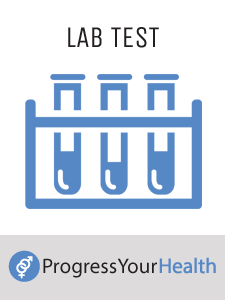
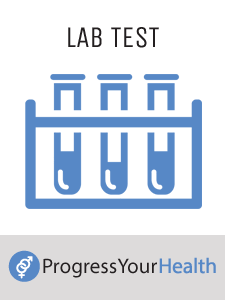



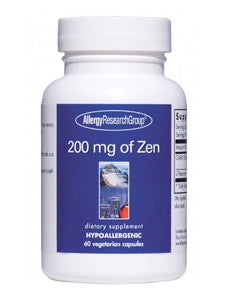
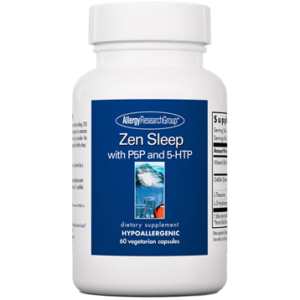
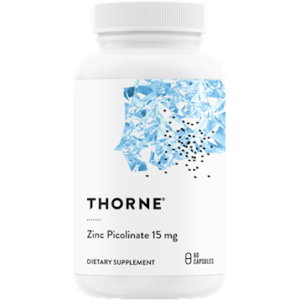
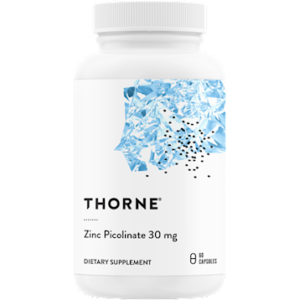
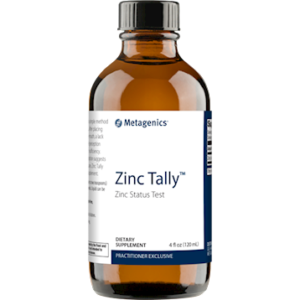


Reviews
There are no reviews yet.